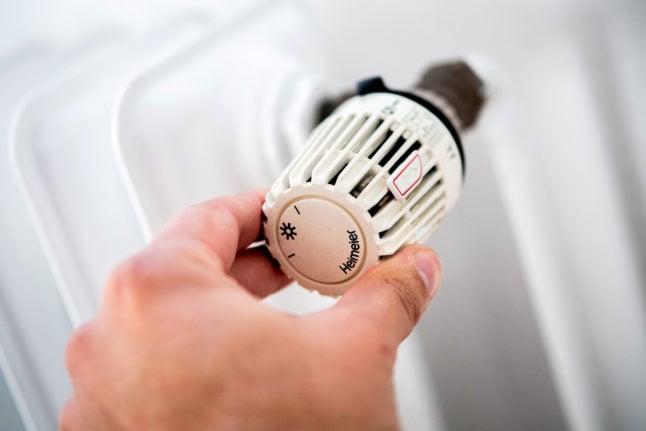Because phone and internet packages are so expensive here compared to the rest of the EU, we have taken a look at recent data from FACUA-Consumers in Action, who analysed offers from 24 different mobile phone companies between April 6th and 7th to find the best deals.
For those who need calls more than data
The following deals are for people who want unlimited calls, but don’t need the rate to include data. The cheapest deals are €6.50 with Xenet, €6.89 with Suop, and €6.90 for Global and Finetwork. Other options with just 5 GB of data per month are Finetwork and Hits Mobile at €6.90, Global at €6.95 and Digi at €7. The most expensive offer in this category for just 3GB per month is Yoigo for €14.
For those who from 20GB of data per month
If you need more data, you might want to look at packages and companies offering deals of 20GB or more. The lowest price per month in this category is Xenet offering 30GB €10.50, conversely, the most expensive offer in this category with the same number of GB is Yoigo at €29. This represents a difference in price of 176 percent.
Other companies which offer great deals for more GBs are MasMovil at €13.90 and Simyo at €14, each for 20GB. Virgin also offers a €14 tariff, but for 25GB instead of €20. R and Telecable also stand out for their offers of 30GB for €16 per month.
For those who want 40GB and above
For those who need a lot of data e.g. 40GB and above, Xenet again comes out on top at just €14 for 50GB. The same company also charges €15 for 60GB, €17 for 90GB and €21 for 250GB.
For €20 per month, Euskaltel offers 50GB and Digi offers 40GB.
For those who want unlimited data
Movistar, Vodafone, Orange, Yoigo and Digi all have packages with unlimited data with prices that vary a lot. The cheapest companies in this category are Digi at €25 per month and Yoigo at €35.
Next is Vodafone’s offer at €32.99, however, the only condition is that the speed is limited to 2Mbps. The same company charges €47.99 for the maximum speed of 5GB.
Movistar and Orange also offer unlimited data for €39.95 and €35.99 respectively.
Things to keep in mind
This data is based on final conditions and does not take into account special promotions where a lower monthly fee may be applicable for the first few months only. Promotional rates have been included only if they last a year or more.
FACUA recommends that when choosing a mobile tariff with unlimited calls, you should not only have to take into account the number of GB that it includes and the fixed monthly price, but also the quality of the operator’s network and its customer service. It is also important to check what coverage companies have in your area.
READ ALSO: Moving to Spain: What’s more expensive than in other countries?



 Please whitelist us to continue reading.
Please whitelist us to continue reading.
Member comments